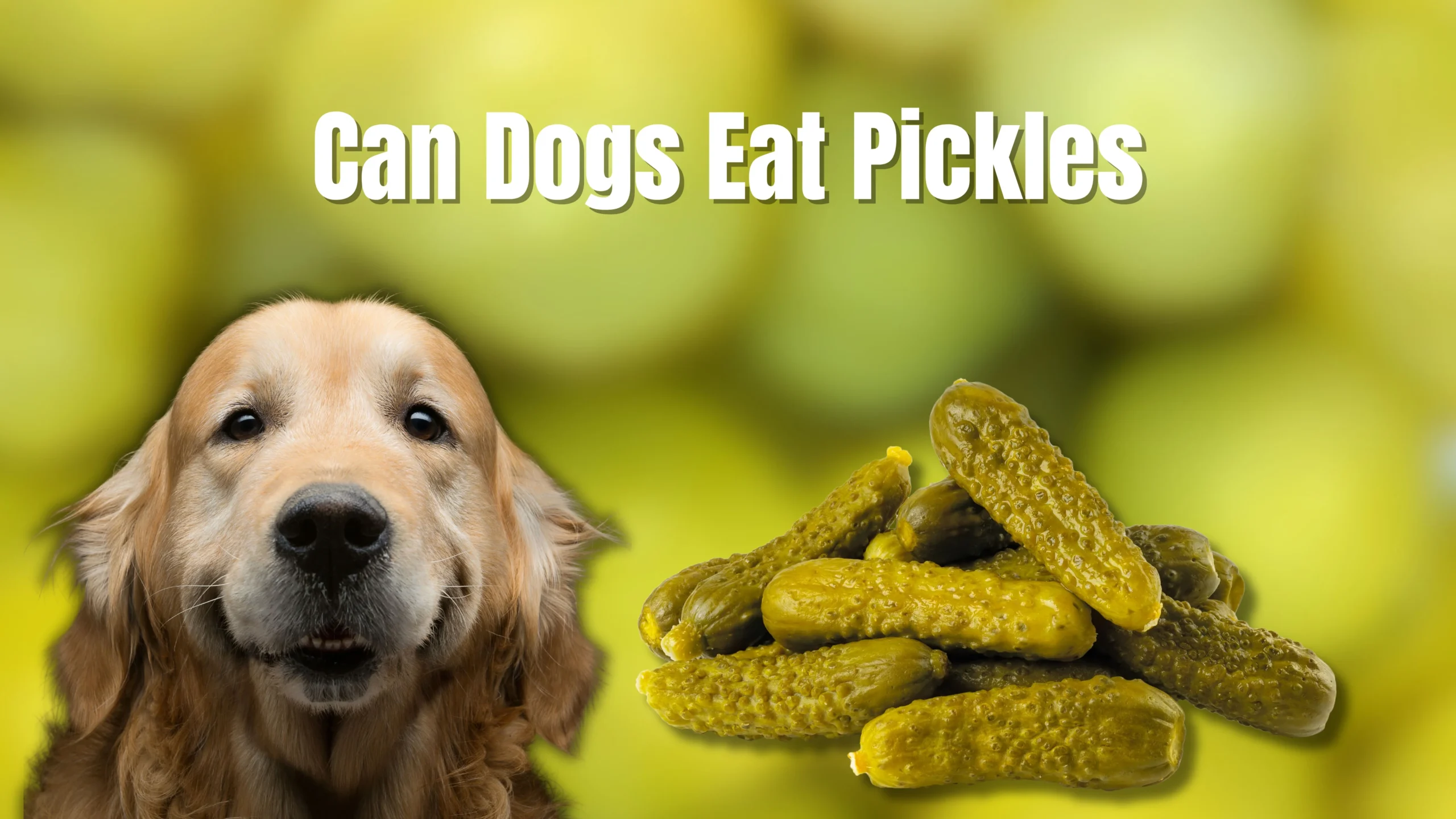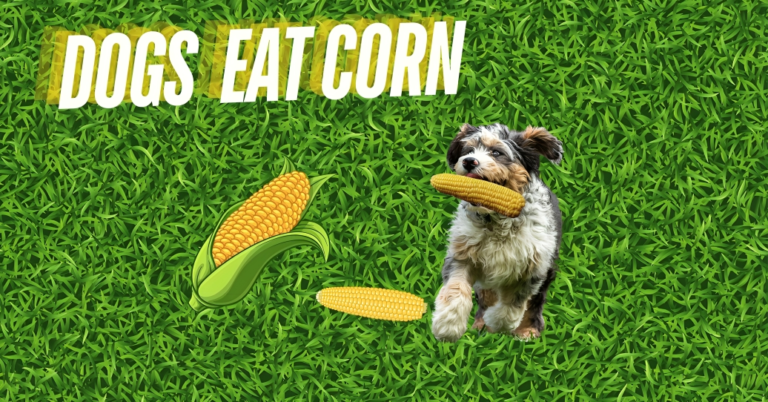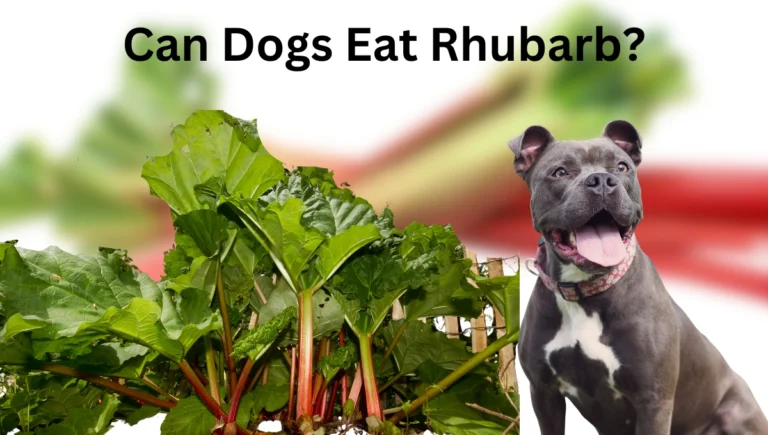Can Dogs Eat Pickles? What You Need to Know!
Pickles, with their crispy texture and tangy flavor, are a favorite snack for many of us. But when it comes to sharing this treat with our furry friends, it’s essential to pause and think. Can Dogs Eat Pickles? While pickles aren’t considered toxic to dogs, they may not be the best option for your pet. The high sodium content, along with the presence of ingredients like vinegar, garlic, and onions, can make pickles less than ideal for canine consumption. Although some dogs might tolerate a small slice or two, consistently feeding them pickles could lead to health issues like dehydration, digestive problems, or even heart concerns in the long run.
The good news? You don’t have to entirely give up on the idea of sharing snacks with your pup! Fresh cucumbers make an amazing, safe alternative to pickles. These crunchy, hydrating veggies offer a refreshing, low-calorie snack that your dog will love, without the risks associated with the pickling process. Next time you’re enjoying a sandwich or salad, consider treating your dog to some cucumber slices instead—it’s a delightful way to bond with your furry friends while ensuring they stay healthy and happy!
Why Pickles Might Not Be the Best for Dogs
Dogs may love the taste of pickles, but it’s important to remember that they are prepared with spices and ingredients that aren’t ideal for them. Garlic, for instance, is commonly found in pickling brines and can be toxic to dogs, potentially causing anemia or gastrointestinal distress. Additionally, the acidic nature of vinegar and the high salt levels may upset your dog’s stomach or even contribute to long-term health problems like kidney disease. It’s always wonderful to explore human foods your dog can enjoy safely, and by skipping pickles, you’re doing your best to keep them thriving.
So, the next time you’re tempted to share your snack, choose a healthier alternative. After all, keeping our pups happy and healthy is the ultimate goal!
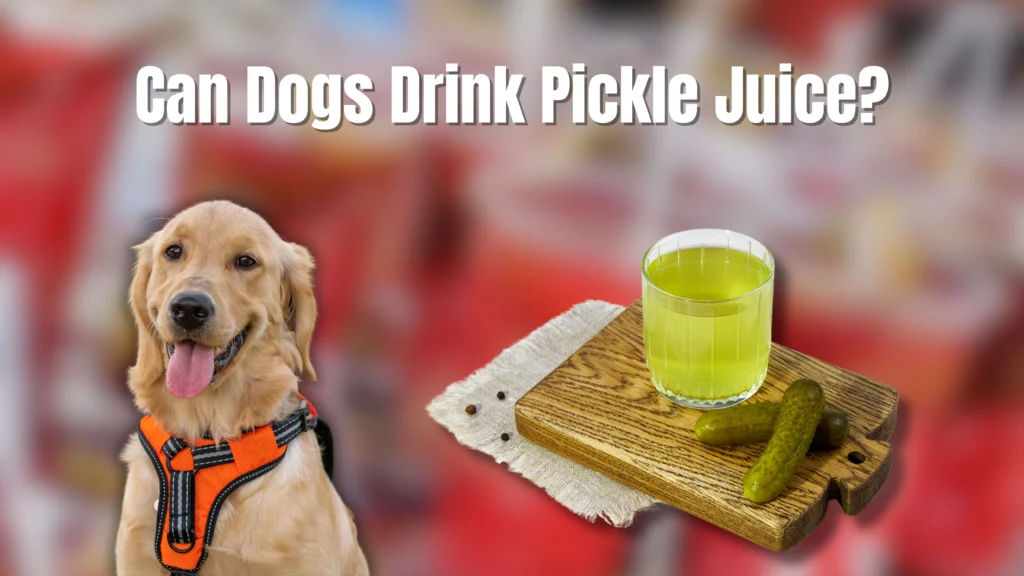
Can Dogs Drink Pickle Juice? Everything You Need to Know
We all know that pickles add a delightful tang to our favorite snacks, but what about the brine they sit in? Can our furry friends safely enjoy a taste of pickle juice? The answer, unfortunately, is a definite no. Pickle juice contains high levels of sodium, vinegar, and spices like garlic, all of which can be harmful to dogs. While the thought of sharing everything with our pups is tempting, pickle juice is best kept out of their diet to avoid potential health risks.
Why Pickle Juice is a No-Go for Dogs
Pickle juice is loaded with ingredients that aren’t suitable for dogs, particularly the high salt content. Consuming too much sodium can lead to sodium toxicity in dogs, causing dehydration and potentially dangerous health problems. On top of that, garlic, a common component of pickle juice, can be toxic to dogs, leading to damage to their red blood cells. While we might find the tangy flavor irresistible, it’s important to steer clear of giving this liquid to our pets. If your dog happens to consume pickle juice, it’s best to contact your vet or the Pet Poison Helpline to ensure their safety.
For those looking for safe and delightful ways to treat their dogs, there are plenty of wonderful, dog-friendly snacks available that are much healthier than pickle juice. Remember, keeping our furry companions safe is the most important part of pet ownership!
Understanding the Risks of Pickle Juice for Dogs
The vinegar, sugar, and salt mixture that makes up pickle juice offers no health benefits for dogs and can lead to gastrointestinal issues. Even though most dogs probably wouldn’t enjoy the taste, it’s always wise to keep this tangy brine out of their reach. Consuming pickle juice can result in stomach irritation, electrolyte imbalances, and dehydration, which is why it’s a wonderful idea to keep your dog’s water bowl full instead of letting them indulge in something so risky.
By staying mindful of what’s safe for our pups, we can ensure they stay healthy, happy, and excited for more appropriate treats!
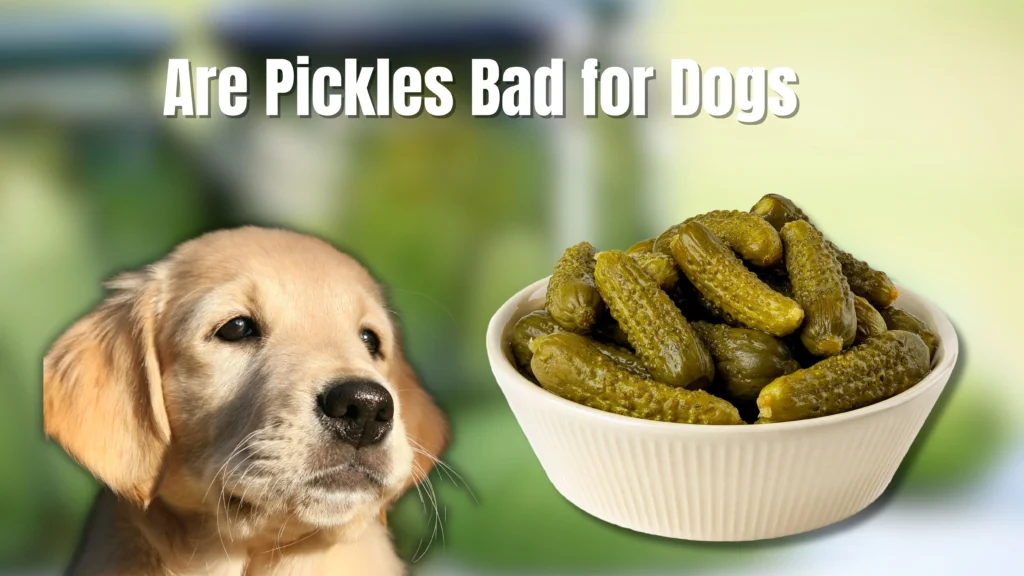
Are Pickles Bad for Dogs? What You Should Know
Pickles, with their tangy taste and crunchy texture, are a snack loved by many. But when it comes to our canine companions, things get a little more complicated. While pickles aren’t outright toxic to dogs, they aren’t the healthiest option either. The brine that gives pickles their signature flavor is packed with salt, vinegar, and sometimes even garlic and onions—ingredients that aren’t great for dogs. High sodium levels, in particular, can be harmful and lead to health issues like dehydration, high blood pressure, or heart disease if consumed in large quantities. So, while a small taste of pickle may not hurt your dog, it’s best to be cautious.
Why Pickles Might Not Be the Best Snack for Dogs
While pickles do have some of the same vitamins and minerals found in cucumbers, the pickling process introduces ingredients that can outweigh the benefits. Garlic and onions, common in many pickle recipes, can be particularly harmful to dogs, causing symptoms like vomiting, diarrhea, or even lethargy. And don’t forget the salt—dogs on low-sodium diets, or those prone to heart conditions, should avoid pickles altogether. If your dog happens to sneak a bite, there’s usually no need to worry, but it’s always wise to keep an eye on them and ensure they have plenty of water to flush out excess sodium.
The Takeaway: Should Dogs Eat Pickles?
In small amounts, plain pickles might be harmless, but they’re not the ideal snack for your dog. There are many wonderful, dog-friendly treats out there that provide more nutritional value without the risks. If your dog does happen to eat a pickle, it’s unlikely to cause major problems, but making sure they have access to fresh water and monitoring them for any unusual symptoms is always a good idea. By sticking to safer alternatives, you’ll keep your pup happy, healthy, and ready for their next delicious, dog-approved treat!

